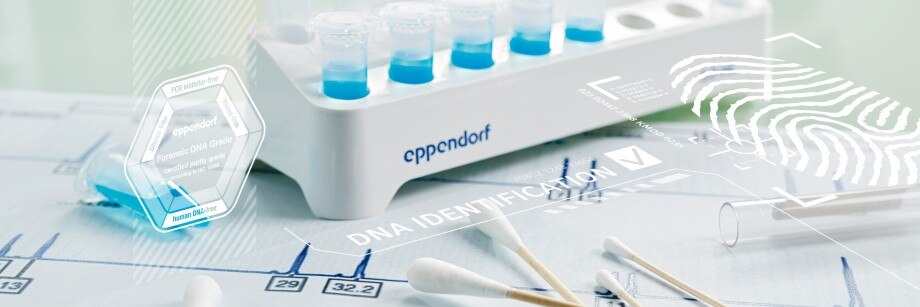MENU
PL | PLN
PL | PLN
Nie znaleziono wyników
Sugestie wyszukiwania
Forensic

The Art of Forensic Sample Preparation
Przeczytaj mniej
Difficult Samples
Forensic sample preparation often deals with the most difficult specimens to process. The samples typically limited in quality and quantity, can be environmentally exposed, and may require purification from difficult substrates that contain PCR inhibitors. Obtaining accurate results from difficult samples is one of many everyday challenges in forensic sample preparation. Forensic scientists also face intense regulatory requirements, increasing throughput demands and limited resources.
How the right consumables can help you
Even smallest traces of DNA contaminants could lead to false results. Avoiding contamination during forensic sample preparation is as important as the use of contamination- free reagents and consumables, e.g. tubes and pipette tips. Continual quality control including the qualifying of materials used in the workflow significantly contributes to the certainty of results.
Forensic science plays a crucial role in our legal system with life-changing decisions often based on forensic data. It is a unique scientific discipline that faces unique challenges. Forensic samples are often the most difficult specimens to process. They are typically limited in quality and quantity, can be environmentally exposed, and may require purification from difficult substrates that contain PCR inhibitors. Extensive sample preparation is also required with DNA analysis. Obtaining accurate results from difficult samples is one of many everyday challenges in forensics. Forensic scientists also face intense regulatory requirements, increasing throughput demands and limited resources.
Przeczytaj mniej
Videos not loading, because cookies have been rejected. Change your


